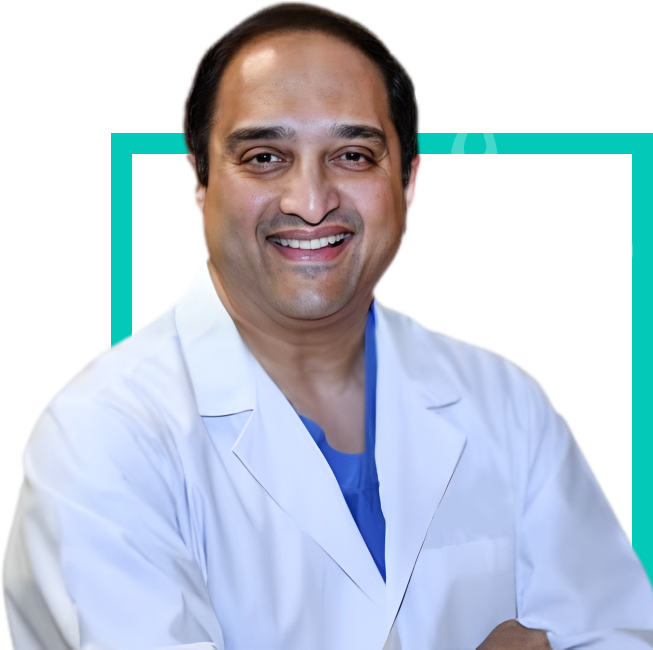Is Sarcoidosis Curable? Here’s What You Should Know

Sarcoidosis is a condition that can leave patients with many questions, especially when it comes to long-term health. This inflammatory disease often appears in the lungs, lymph nodes, skin, or eyes, but it has the potential to affect almost any organ. One of the most pressing questions people ask is: Is sarcoidosis curable? The answer isn’t always straightforward. While some individuals experience complete remission, others may live with ongoing symptoms that require continuous management.
Understanding this condition is crucial for patients and their families. Sarcoidosis doesn’t behave the same way for everyone. Some people have mild cases that resolve without major intervention, while others may need long-term treatment. With early evaluation, proper monitoring, and effective treatment, individuals can live full and active lives. If you or a loved one is facing sarcoidosis, knowing what to expect and how treatment works can bring clarity and reassurance. For those in search of expert guidance, working with a pulmonary clinic in Morristown TN can make a significant difference in care and outcomes.
What Exactly Is Sarcoidosis?
Sarcoidosis is an inflammatory disease where clusters of immune cells, called granulomas, form in the body’s organs. These granulomas can interfere with normal function, depending on their size and location. While the lungs are the most commonly affected area, sarcoidosis can also involve the skin, eyes, heart, and nervous system. Symptoms can range from fatigue and cough to skin rashes and eye irritation, making it a highly variable condition.
Is Sarcoidosis Curable?
There is currently no definitive cure for sarcoidosis. However, many people experience remission, meaning the condition goes away on its own without lasting damage. Studies suggest that a significant percentage of patients see symptoms resolve within a few years of diagnosis. For others, sarcoidosis may become chronic, requiring ongoing care to manage inflammation and prevent complications. The outcome often depends on which organs are affected and how severe the inflammation is.
Treatment Options for Sarcoidosis
Treatment focuses on controlling symptoms, reducing inflammation, and preventing organ damage. Not everyone with sarcoidosis requires medication—those with mild or non-progressive cases may only need regular monitoring. For patients with more active disease, corticosteroids are often the first line of therapy. Other options include immunosuppressive medications, such as methotrexate, azathioprine, or biologics, especially when long-term control is needed. Treatment is highly individualized, tailored to the severity of symptoms and organ involvement.
Long-Term Outlook for Patients
The prognosis for sarcoidosis varies widely. Many individuals experience spontaneous remission, while others may deal with chronic inflammation. In some cases, especially when the heart or lungs are significantly affected, sarcoidosis can lead to long-term complications. Early diagnosis and consistent medical follow-up are key to ensuring the best possible outcome. With modern treatment approaches, many people can manage symptoms effectively and maintain a good quality of life.
Lifestyle and Self-Care Considerations
While medical treatment is essential, lifestyle choices also play a role in managing sarcoidosis. Maintaining a balanced diet, exercising within safe limits, avoiding smoking, and getting adequate rest can support overall health. Stress management and regular medical checkups are equally important. Patients should also stay vigilant about any new or worsening symptoms.
Importance of Specialized Care
Because sarcoidosis can mimic other conditions and affect multiple organs, seeing specialists familiar with the disease is critical. Pulmonologists, cardiologists, dermatologists, and ophthalmologists may all play a role depending on how the condition presents. A specialized clinic ensures that patients receive coordinated care, accurate monitoring, and access to the latest treatment strategies.
Research and Advances in Sarcoidosis Management
Although no cure currently exists, ongoing research is providing new hope. Clinical trials are studying targeted therapies, including biologic medications, that aim to better control inflammation with fewer side effects than traditional treatments. Advances in imaging and diagnostics also enable more precise monitoring, thereby improving outcomes for patients who require long-term care.
Sarcoidosis remains a condition without a definitive cure, but remission is possible for many, and effective treatments exist to control symptoms and prevent complications. The key to living well with sarcoidosis is early diagnosis, individualized treatment, and ongoing medical supervision. If you are seeking expert support, the team at Prana Pulmonary Clinic can provide comprehensive care. Choosing a trusted pulmonary clinic in Morristown TN ensures you receive the right guidance and treatment tailored to your needs. Reach out to us today!










